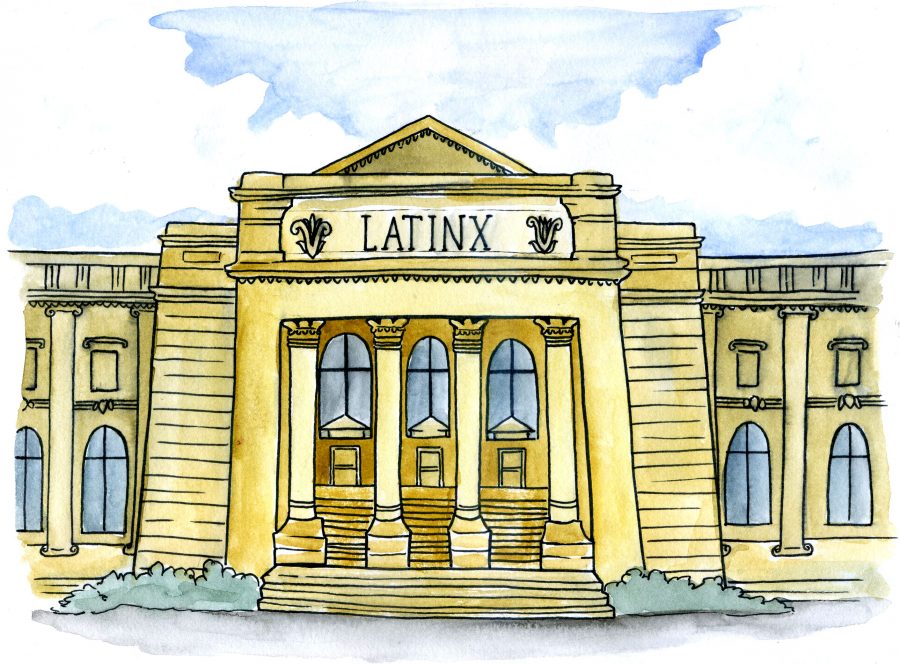When she first saw the word, Larissa Davila was sure it must have been a mistake. The “x” glued to the end of her familiar “Latino/a” looked entirely out of place.
After hearing and seeing the term several times since, Davila has learned the meaning of the term that has gained popularity over the last two decades. As Merriam-Webster defines it, “Latinx” is a gender-neutral term, mainly used to describe Latin Americans.
Though Davila, like some other members of Austin’s Hispanic community, is still uncertain about the term’s place in relation to her own identity, she recognizes its potential as a descriptor.
“It seems to be something that is very ‘in,’” said Davila, the executive director of Austin-based nonprofit organization Amhiga Hispana. “It’s not my favorite term, yet I use it because it’s popular.”
Though Davila said the term may be gender-inclusive, she also said the term groups together all Latin Americans in an effort to save time and space.
“(It’s) like sending voice messages instead of text messages,” Davila said. “It is a practical thing, but I don’t appreciate it, and if I don’t have to use it, I would rather not.”
Davila said she used the term begrudgingly on Nov. 4 for the Latino Arts, Culture and Education organization’s Noche de Letras: 2017 Latinx Lit Fest, a supplemental event for the Hispanic community during the Texas Book Festival weekend. Though she said she realizes the word’s popularity with the young, bilingual and Hispanic community, she tries to avoid it because it represents a bundle.
But for some Hispanics, such as UT alumna Veronica Rivera-Negron, “Latinx” is a much-needed term of acceptance and inclusion. Rivera-Negron said she first heard the term as a graduate student and immediately began using it to rebel against the status quo and bring attention to the overlooked stories of people with disabilities or different skin tones within the Latino/a community.
“The term is a binary between male and female with the Latino and Latina words, and the ‘x’ (is) a way of encompassing more voices and more people,” Rivera-Negron said. Additionally, Rivera-Negron, who also participated in the Latinx Lit Fest, said she wants people to remember there are a lot of voices we could have as part of a Latina event that might not identify as Latina. She said any specificity lost is made up for with the identities encompassed.
Martha Cotera, a prominent Austin-based Chicana activist, said “Latinx,” in addition to recognizing different gender identities, is an inclusive term for the growing population of non-Mexican Hispanics in the U.S. When she first heard the term, she thought it was a good way of integrating the different nationalities and origins present in the area.
“We have a lot of citizens from Central America and a lot of people from South America as well,” Cotera said. “It makes sense to me.”
According to a study conducted by the Pew Research Center, the number of non-Mexican Hispanics in the U.S. makes up 37 percent of the population as of 2015. Cotera said to her, the “x” means being all-inclusive of these different cultural identities that form a part of a broader Hispanic community.
As a native of Puerto Rico, Rivera-Negron said she didn’t use the term “Latina” until she came to Texas to continue her studies and used to refer to herself only as “Puerto Rican.” But once she began using it, Rivera-Negron said, “Latina” made her feel like part of a bigger community. Now, she hopes “Latinx” will have a
similar effect.
Regardless of which communities the term is meant to include, Rivera-Negron said “Latinx” can become an empty or false promise if not followed up with actions.















